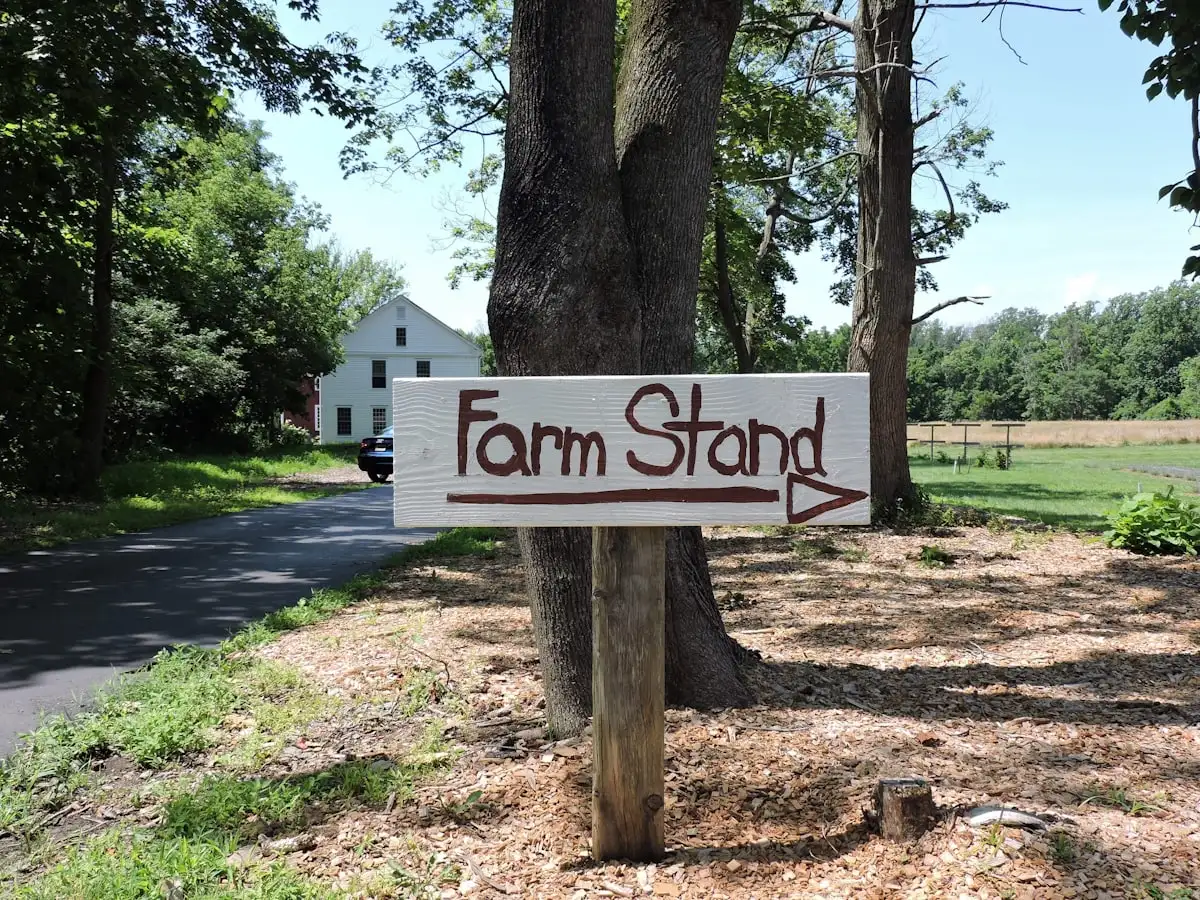A big insurance company, State Farm, just won an important court case. This means they do not have to pay for cleaning up pollution caused by a dry cleaning business. It is a big deal for how insurance companies deal with old pollution problems.
The court said that State Farm’s insurance policy did not cover the dirty mess. This ruling can affect many dry cleaners and other businesses that might have similar pollution issues from years ago.
State Farm Wins Dry Cleaner Pollution Lawsuit
A dry cleaning business in Florida, called Florida Cleaners, had a big problem. Over many years, chemicals from their work got into the ground. These chemicals made the soil and the water under the ground very dirty. Cleaning up this kind of mess costs a lot of money.
Florida Cleaners had an insurance plan with State Farm. They thought their insurance would help pay for the cleanup. But State Farm said no, their policy did not cover that kind of pollution damage. So, they went to court to fight about it.
A judge looked at the old insurance papers. The judge decided that State Farm was right. They do not have to cover the costs of cleaning up the dry cleaner’s pollution. This is a significant win for the insurance giant in a long-running legal dispute.
What Happened with the Dry Cleaner’s Dirty Ground?
Dry cleaners use special liquids to clean clothes. Sometimes, these liquids can spill or leak. If they get into the ground, they can make it very dirty. This kind of dirt is called pollution. It can be bad for plants, animals, and even people.
For a long time, the chemicals from Florida Cleaners seeped into the earth. They polluted the soil and the groundwater. Groundwater is the water that is stored under the ground. We often use it for drinking.
Cleaning up this type of pollution is a huge job. It can take many years and cost millions of dollars. The dry cleaning business wanted State Farm to help with these expensive cleanup bills. They had paid for insurance for many years.
Understanding Old Insurance Rules for Pollution Cleanup
Insurance plans are like special promises. They say what an insurance company will pay for if something bad happens. These promises are written in a thick document called a policy.
Many years ago, insurance policies were different. Some old policies had rules about pollution. But these rules were not always clear. This made it hard to know if pollution cleanup was covered or not.
Over time, insurance companies changed their policies. They added special parts that said they would *not* pay for pollution. These are called “pollution exclusions.” They make it very clear that certain types of environmental damage are not covered.
The fight between State Farm and Florida Cleaners was about one of these old policies. The court had to look very closely at the words written in that old insurance agreement. An insurance policy is a contract between an insurance company and the person or business that buys the insurance.
Why the Court Sided with State Farm
The judges looked at the specific words in the insurance policy that Florida Cleaners had with State Farm. They saw that the policy included a rule about pollution. This rule said that State Farm did not have to pay for certain kinds of pollution damage.
The dry cleaner argued that the rule was confusing. They said it should cover their cleanup costs. But the court disagreed. They read the policy very carefully.
The judges decided that the words in the policy were clear enough. They meant that State Farm would not pay for the kind of pollution that happened at the dry cleaner. This decision is based on how the policy was written many years ago, and how judges have understood similar policies over time.
This ruling sets an important example. It shows that older insurance policies might have rules that stop companies from paying for past environmental problems. It helps insurance companies win similar cases about cleaning up hazardous waste sites.
What This State Farm Ruling Means for Other Businesses
This court decision is important for many reasons. First, it gives more power to insurance companies. It means they might not have to pay for many old pollution cleanup jobs.
Second, it is a reminder for all businesses. They need to understand their insurance policies very well. They must know exactly what is covered and what is not. This is especially true for businesses that use chemicals, like dry cleaners or factories.
Here are some key takeaways from this ruling:
- Old policies matter: The words in very old insurance papers can still decide big cases today.
- Pollution costs are huge: Cleaning up dirty ground is extremely expensive.
- Businesses need to be careful: Companies using chemicals must work hard to prevent spills and leaks.
- Insurance can be tricky: Understanding insurance rules can be hard, but it is very important.
For dry cleaning businesses, this news might be scary. It means they might have to pay for pollution cleanup all by themselves if their old insurance does not cover it. It also shows why it’s so important for companies to be good stewards of the environment.
This specific case involved State Farm in Florida, but similar fights happen all over the country. Judges in different states might see things slightly differently. However, this ruling certainly helps State Farm and other insurers when facing similar old pollution claims.
Moving forward, businesses should talk to their insurance agents. They need to make sure their current insurance covers new pollution problems. They also need to understand their risks from past issues. Learning about business insurance can help companies protect themselves.
In simple terms, State Farm did not have to pay for the dry cleaner’s mess. This helps State Farm but makes things tougher for businesses dealing with old pollution issues.

